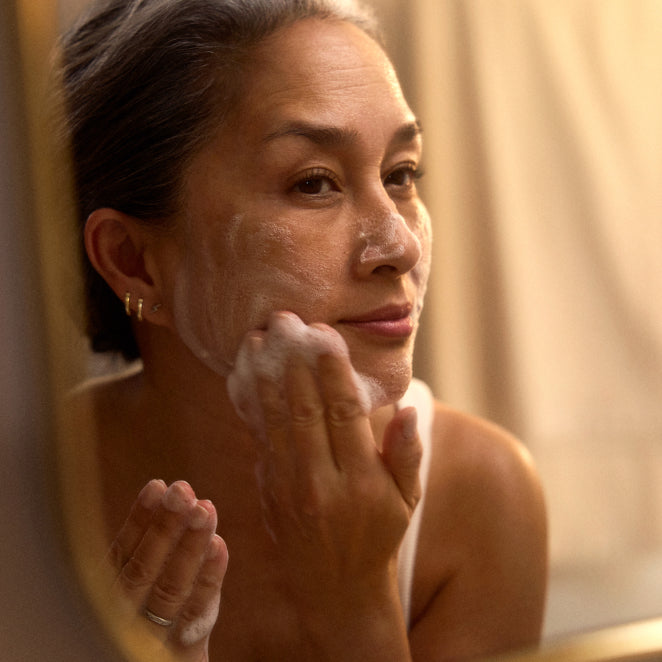
How to Sleep Better: Build Your Bedtime Routine

What Beauty Means to Me
Body Oil vs. Body Lotion: What’s the Difference?
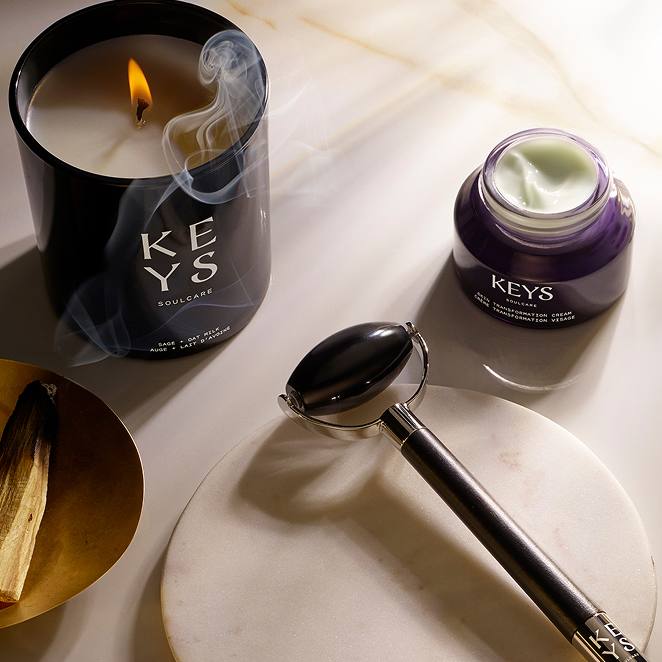
Shining at Full Wattage
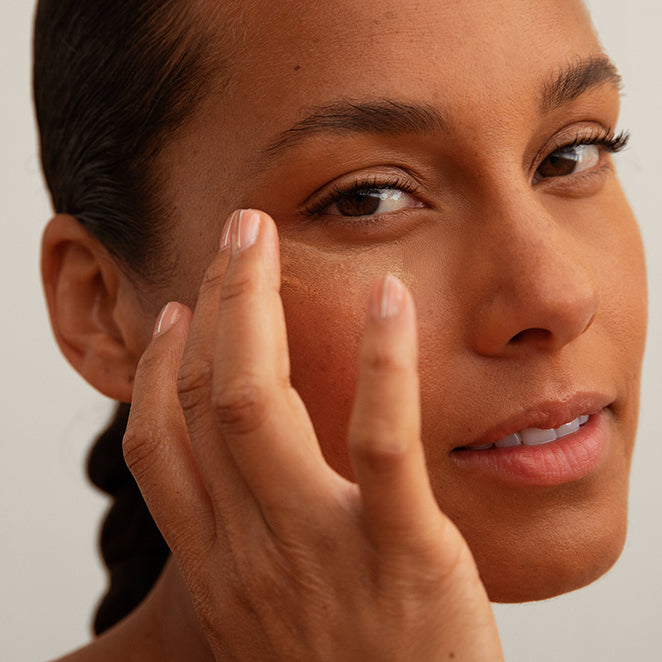
Achieve Hydrated Under Eyes With Our Radiant Eye Cream

How to Uplift and Support the LGBTQ+ Community

This is the Self-love Advice You Need to Hear Today

6 Unique Mother’s Day Gifts to Nourish Your Skin and Nurture Your Soul
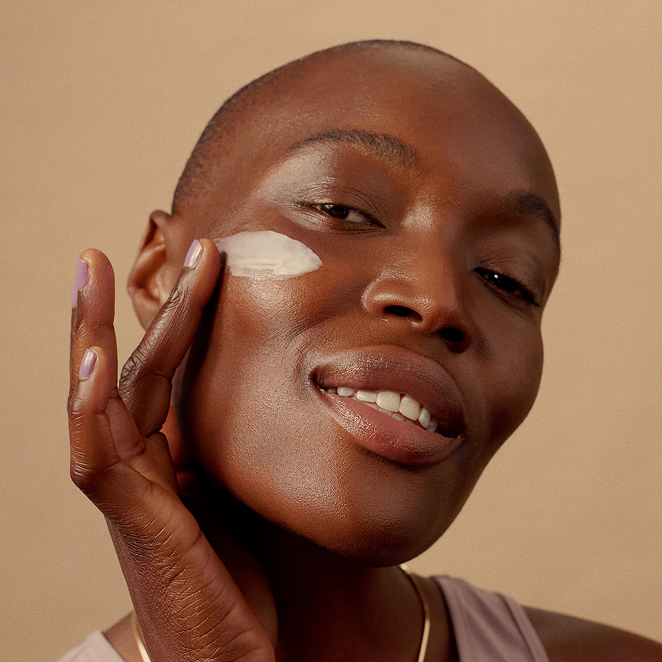
What You Should Know About Ceramides and Skincare

Summer Skincare Tips: Embracing Heat, Sweat, and Your Skin
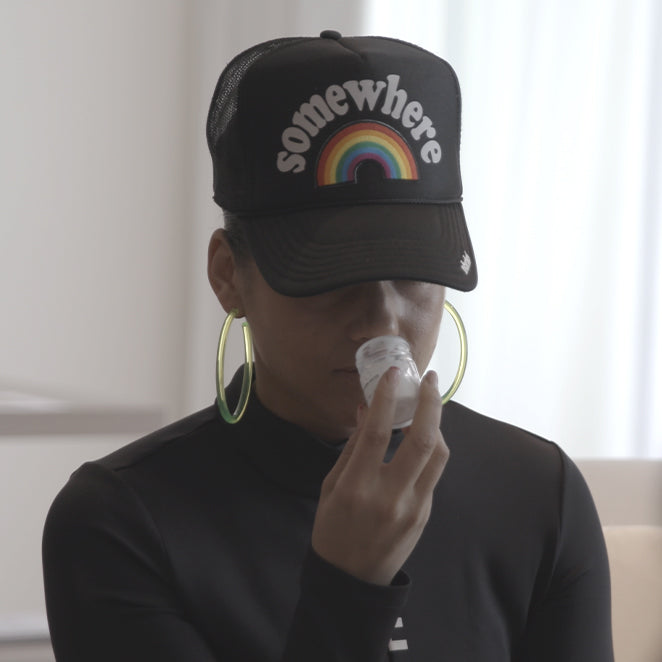
Me in a Bottle

5 Spring Skincare Tips: Refresh Your Ritual for a Radiant Glow



